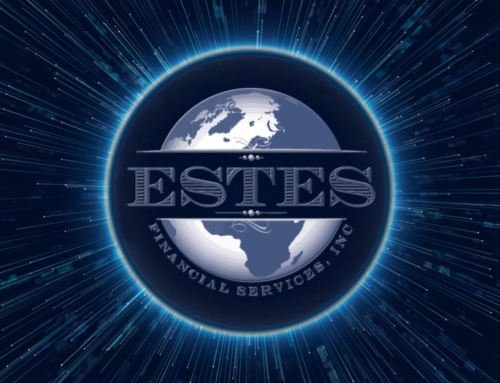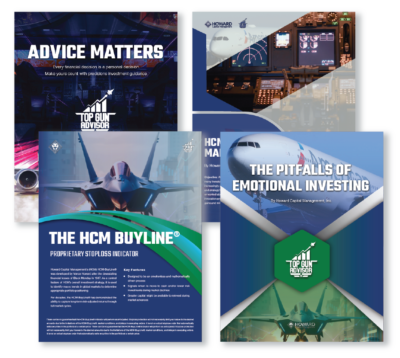Financial FAQs
Understanding how your savings can work for you is an important part of creating your financial future. If you’re curious about personal finance and want to learn more, here are some common questions we hear from new clients.
I just started my first job. Do I need to start saving for retirement now?
While retirement may seem like a lifetime away, it will arrive sooner than you think. If your current employer offers a 401(k) or 403(b) plan, you should take advantage of it, especially if they offer a matching contribution. You can always start slow and adjust your savings plan as you advance in your career. It’s better to be prepared. Your future self will thank you.
When is it better to rent than to buy?
If you’re new to an area, consider exploring the rental options before permanently committing. And if there’s a chance you’ll need to relocate for work in the future, it may be best to hold off on buying until you’re certain you won’t be moving anytime soon. Buying a home means committing to an area, and you want to be sure you’re ready and able to settle down.
Is a savings account the ideal place for my money?
It depends on your needs. Traditional savings accounts offer more convenient access to funds but often have minuscule interest rates. If needing funds quickly is less of a priority, you could look into a certificate of deposit (CD). These savings accounts hold a fixed amount of money for a set period of time, and when you redeem your CD, you receive your original investment plus any interest.
Keep in mind that, like all investments, there are risks with CDs, and you should do your research before investing. Consider talking to a financial professional to learn which options work best for your needs.
Is it a good idea to retire abroad?
Some retirees love living abroad, and will happily explain all the potential benefits. But it’s not for everyone. While the lure of new places to explore is enticing, remember that the novelty will eventually wear off. Before packing up and moving your entire life, there are several things to consider. Are you comfortable being away from your friends and family? Can you afford the cost of living? Are there healthcare costs to consider?
If you’re serious about retiring abroad, consider doing a trial run for a few months to adjust to your new country and decide if a lengthier stay is an option.
Can I live on my Social Security check?
It depends. According to the Social Security Administration, the average monthly benefit for 2022 was $1,669, which, depending on your needs and lifestyle, may not be enough. Ideally, you should have other retirement funds available.
However, there are ways to potentially live on Social Security alone. If you are able to work – even part-time – until 70, your benefit will be larger when you start to withdraw. You may also want to consider relocating to a state with a lower cost of living or downsizing your home.
What financial questions do you have? Send us a message, and let’s see how we can help.
This content is developed from sources believed to be providing accurate information. The information provided is not written or intended as tax or legal advice and may not be relied on for purposes of avoiding any Federal tax penalties. Individuals are encouraged to seek advice from their own tax or legal counsel. Individuals involved in the estate planning process should work with an estate planning team, including their own personal legal or tax counsel. Neither the information presented nor any opinion expressed constitutes a representation by us of a specific investment or the purchase or sale of any securities. Asset allocation and diversification do not ensure a profit or protect against loss in declining markets. This material was developed and produced by Advisor Websites to provide information on a topic that may be of interest. Copyright 2023 Advisor Websites.








